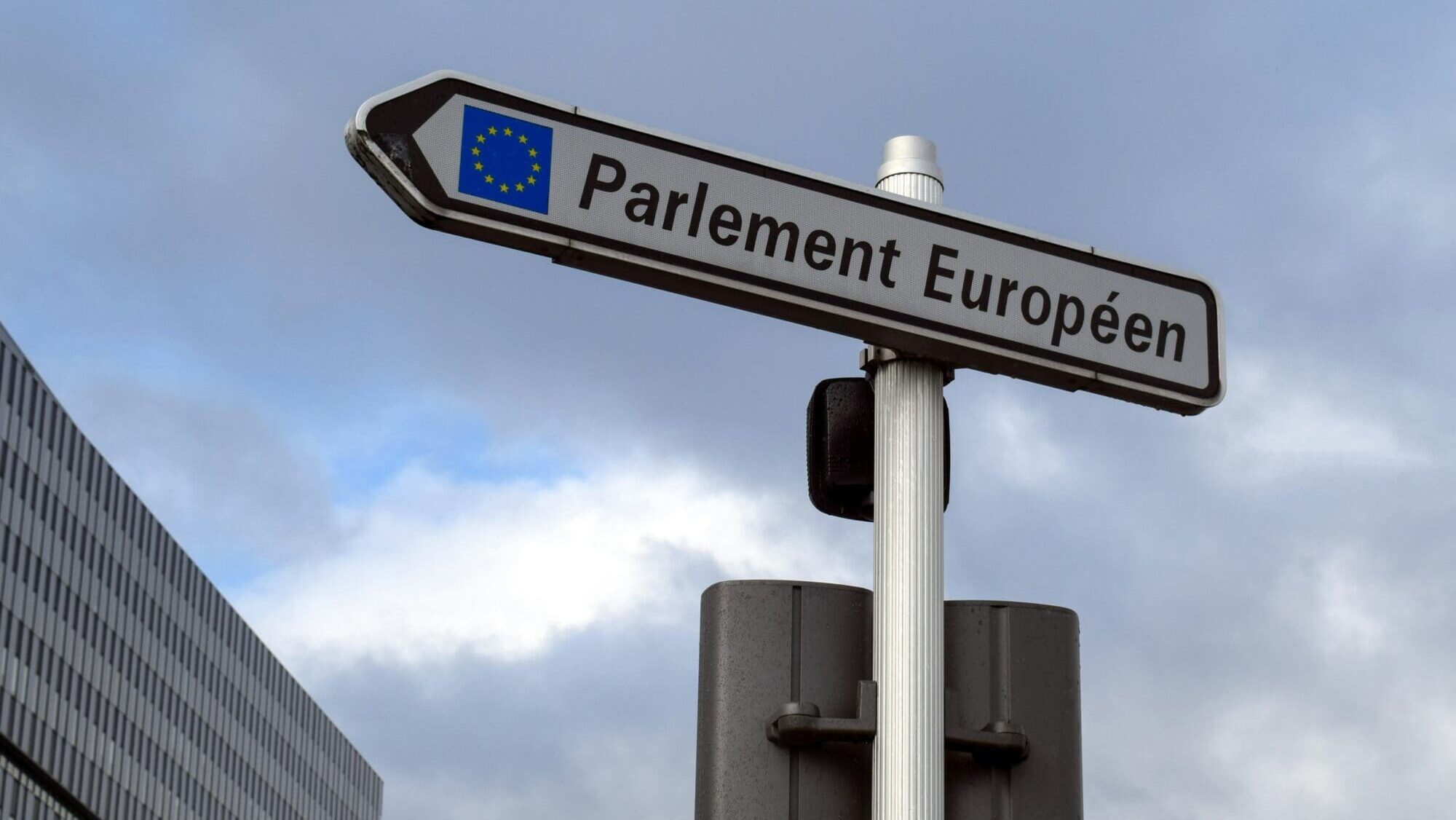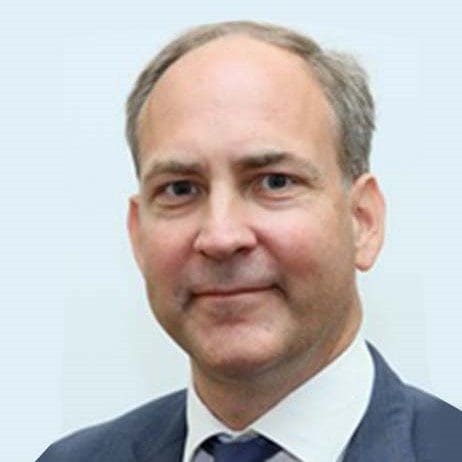
Photo by Hassan Anayi on Unsplash

Stephen Nikola Bartulica is a member of the Croatian Parliament for the Fatherland Movement (Domovinski Pokret—DP) and an associate professor of political philosophy at the Croatian Catholic University in Zagreb. In the European elections on 9 June, Bartulica was elected MEP for DP, which is part of the European Conservatives and Reformists (ECR) group.
The results were very similar to the recent national elections. I was directly elected by the voters and I came third in the country in the preferential vote, so I am very satisfied. It was the first European election for my party, so to gain a seat was a success for us. However, the turnout was very low at 21%, the lowest in the European Union.
The reality is that Croatia is still politically conservative: 60% to 40%. HDZ (PPE) got half of Croatia’s MEPs, which is a great result.
Europe’s identity and its Christian roots; the importance of reclaiming our heritage; and, of course, tackling the policies being pushed by the globalists—the green pact and migration policy. I am looking forward to working on all these issues with my colleagues in Brussels.
Yes, it is the same. Unfortunately, in Croatia, the media portrays the European elections as something that is not decisive for the future of the country, and many people believe that politicians only go to Europe to collect a salary and enjoy the benefits. There is too much cynical thinking and that’s why I think many people were not motivated to vote.
I believe that much of the responsibility for what is happening in Europe lies with conservative political leaders. If the Right is not able to unite, if the parties cannot agree and remain divided, then things are not going to change. In politics, it’s easy to find reasons not to work together; that’s very easy to do, and the fact that the Right has failed to unite is one of the reasons why the bureaucrats in Brussels believe that everything will stay the same, more or less in the same way. So part of the responsibility is on our side. I don’t understand why the opportunity to create a united group—and make the voice of the anti-globalists, the conservatives, and those who defend national sovereignty heard—should be lost.
In my opinion, many have a short-term vision and only think about the duration of their mandate. A long-term vision is needed in politics because, if we remain in different groups, it will be much more difficult to change the agenda in Brussels.
We don’t have to agree on everything, but in politics, in a parliamentary system, numbers matter. We need to be pragmatic and see what unites us rather than what divides us.
It is difficult to say at the moment. I would like to see it remain strong and continue to grow. It would be a good sign, but we have to be cautious, especially when the Commission is putting pressure on national governments with post-COVID funds. That has to change; that way of doing politics has to end in Brussels. And to achieve this, we need more numbers, we need to be intelligent and join forces. I grew up in the United States, and in the Republican Party there are many different groups that don’t agree on everything; but they work together on the basis of a few common principles, and I think we can do the same in Europe. We need to think in a more strategic and pragmatic way to fight this globalist threat and its allies in the European Union.
Yes, I believe that change in national parliaments will slowly but surely reach Europe. We see the case of France, where Marine Le Pen has broken the established political chessboard and where the Right has had to find common ground. In Croatia, our party is only four years old and it is part of the government. It is a huge change and our country has turned to the right. I think there is reason for hope when we see that this has happened even in the Netherlands.
We have to be persistent and forge alliances, and I hope to be able to contribute to that in the European Parliament. That is what our voters expect, who, above all, want results. That is why we decided to join the HDZ and be part of the government, because, in my opinion, we have to take responsibility.
Plenković has been promoting the globalist agenda for eight years, and now we have to establish mutual trust, which of course will not be easy because it is no secret that he has been very close to Von der Leyen and the Commission. It will be complicated, but it is also logical that a conservative and sovereigntist party like ours seeks allies with parties that are in the centre and on the right. It was our only option, because for me it is inconceivable to collaborate politically with parties on the left, or the Greens.
We have only just started and we have four years to work together and try to change the Brussels policies. On the other hand, I think that in time the EPP will turn to the right; this is inevitable.
Of course it is. The good news is that the HDZ rejected the German model of the ‘grand coalition’ with the Socialists. Many people, especially in the media, wanted this, but not HDZ voters who are generally more conservative than Plenković. So perhaps he had no choice but to ally with us.
I think the short answer would be that it is due to the work of several devout and charismatic priests who have put a lot of effort into evangelising young people in Croatia. The truth is that a good priest can do a lot of good for the Church and for the country. We have been fortunate, and God has blessed us with many talented priests, who are courageous and good evangelisers. Some are even active on social media and have managed to attract the youth. But the truth is that this movement has been active and working for a long time under the surface and now its achievements are coming to light, and we can say that the younger generation is much more devout than their parents.
